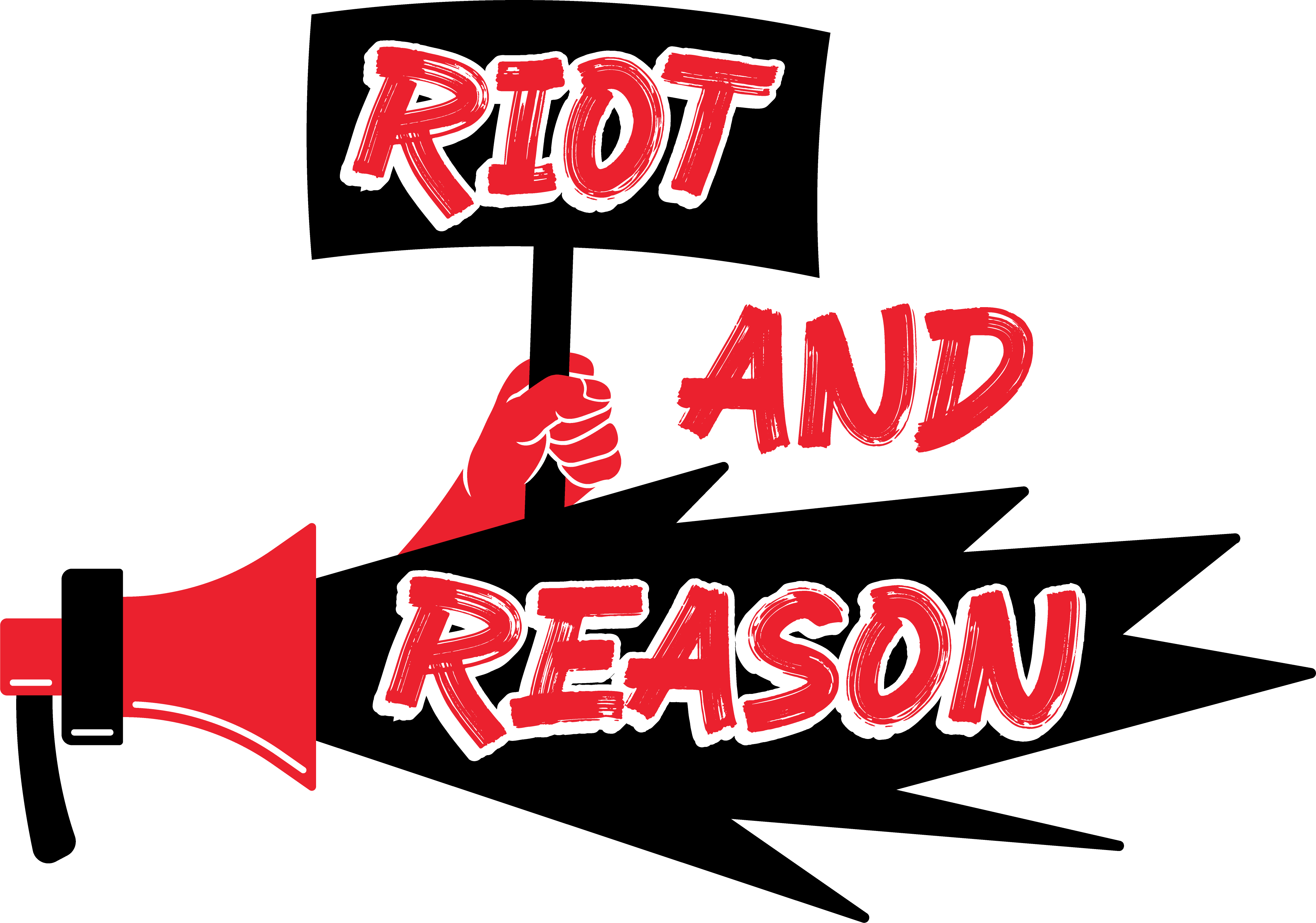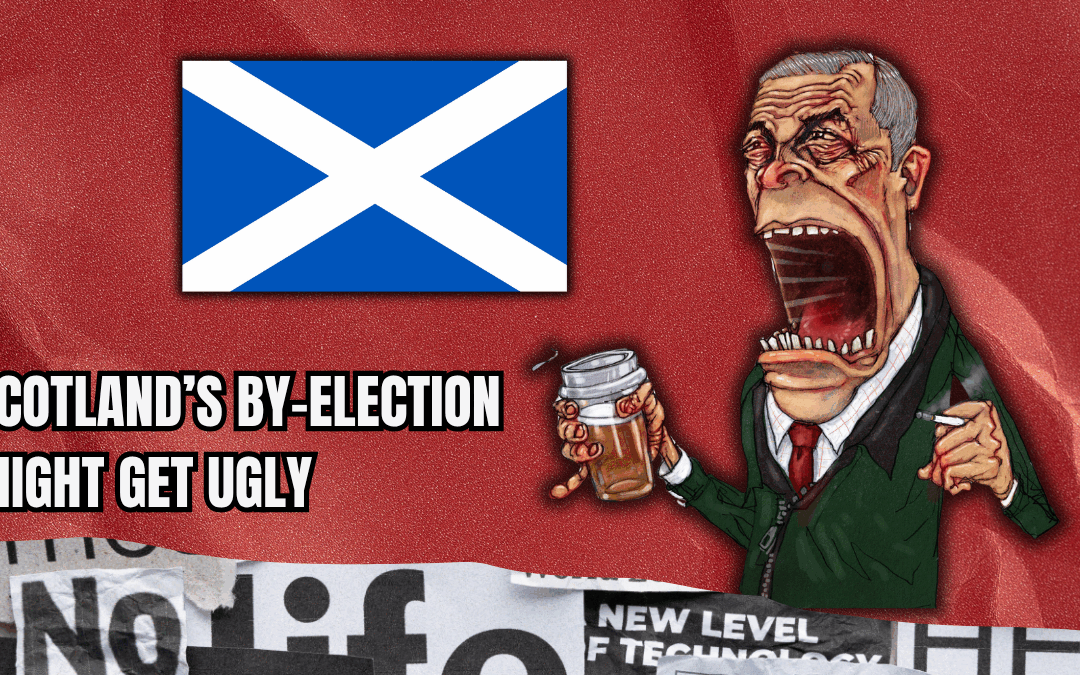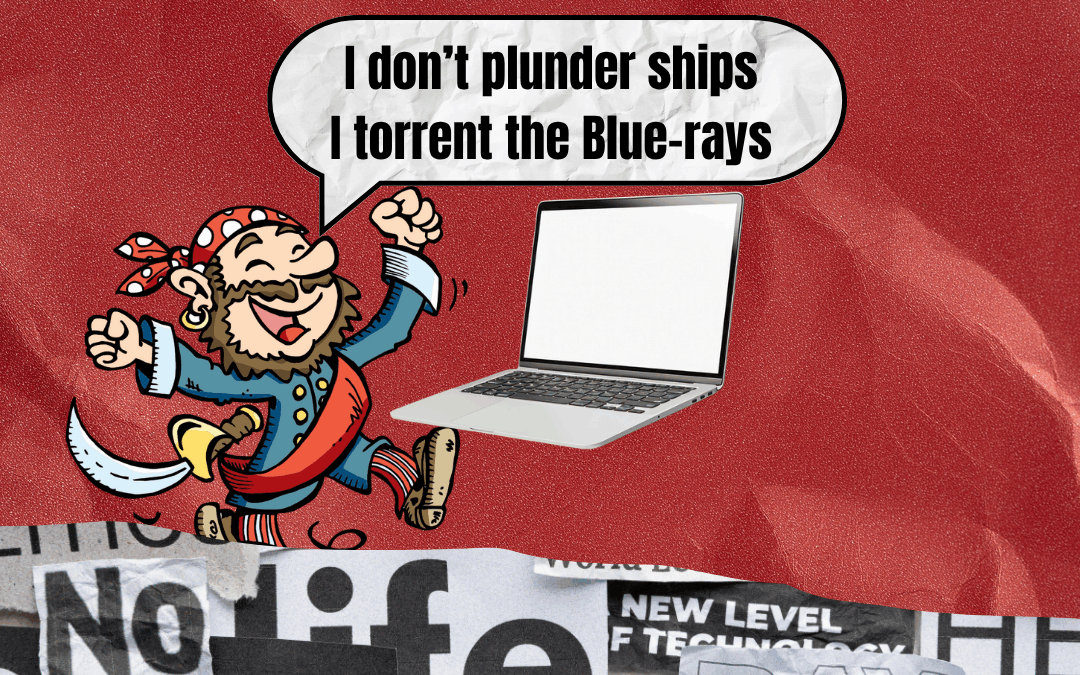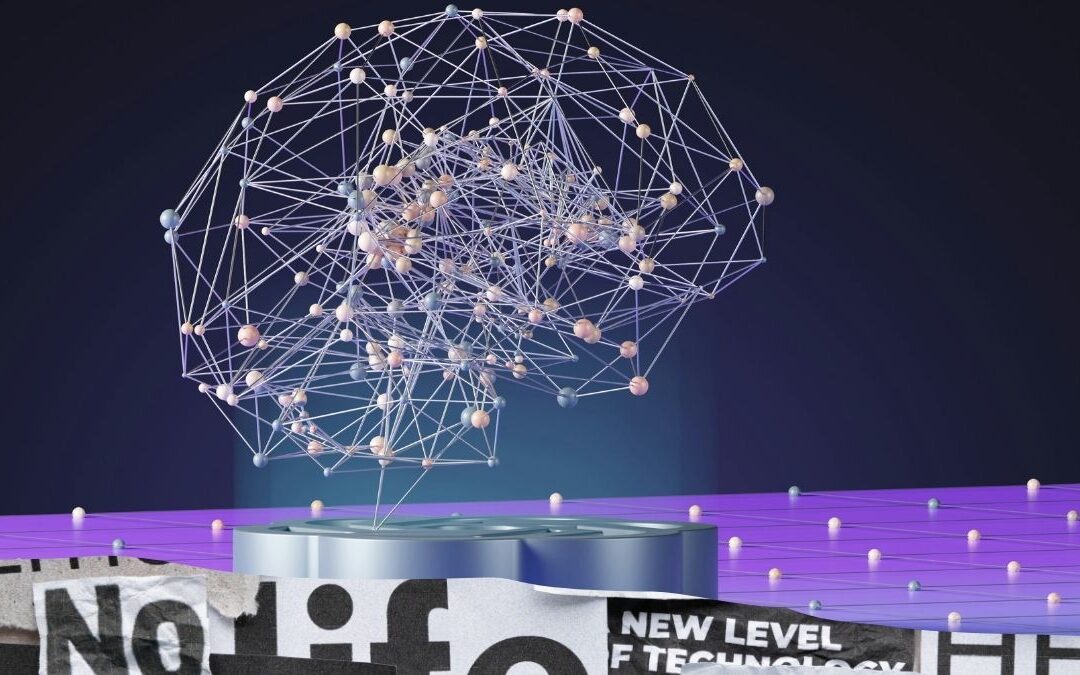
It’s a late Tuesday night and somewhere, in a dimly lit bedroom, a young man hunches over his laptop, scrolling through a forum full of people who hate women. They call themselves “incels”—short for “involuntarily celibate”—and they’re not just horny. They’re furious.
They don’t just feel rejected. They feel robbed.
And in the chaos of war, climate collapse, economic ruin, and cultural upheaval, this strange corner of the internet has turned into a digital pressure cooker where resentment, loneliness, and misogyny explode. It’s not just fringe—it’s a festering symptom of something much bigger.
Incels are a subset of the sprawling “manosphere,” a loose collection of online spaces where masculinity is mourned, redefined, or more often, twisted. At the heart of incel ideology is a simple, seductive idea: I’m not the problem—they are. “They” being women, feminists, liberal elites, immigrants, queers—take your pick.
Michael Kimmel, a sociologist and author of Angry White Men, has been studying the emotional backbone of male rage for decades. When asked if the internet plays a key role in the formation of incel identity he said: “Online forums have become a major identity platform for young people. It’s where they seek information, community, and, most importantly, validation. That’s what they crave, the validation of the brothers, the validation that you’re okay and that it’s ‘them’ who are the problem, not you.”
That’s what makes these forums dangerous. They’re not just places to vent. They’re spaces where isolation is mistaken for insight, and pain gets dressed up as politics. When you feel excluded—socially, sexually, economically—it’s easy to find comfort in a community that tells you you’re a victim. It’s even easier when that community is handing you someone to blame.
Incels are not just bitter about being single. They believe they are owed sex, owed attention, owed power. The key word is “involuntary.” They don’t want to be celibate. They see themselves as entitled to female affection, and when they don’t get it, they lash out—at women and society
Mr. Kimmel also said that: “Incels are a subset of the manosphere that is explicitly about sex and mostly why these young guys aren’t getting any. They blame women – the key is that they are involuntary celibate. They don’t want to be. And why can’t they get sex? Well, it must be women’s fault. Not theirs. (To which I’d say maybe if you didn’t only look at women as sex objects they might be more interested in you.)”
At its core, incel ideology is built on what Kimmel calls “aggrieved entitlement”—a term that explains a lot more than it should have to. He explained that “In Angry White Men he argues that these men experience what he calls ‘aggrieved entitlement.’ They feel aggrieved—like they are the victim—only because they also feel entitled, which is the whole point of his book.
This entitlement isn’t abstract. It’s taught. From blockbuster films to porn to playground jokes, boys are fed a narrative in which masculinity equals dominance and sex is proof of worth. When that payoff doesn’t arrive, it creates cognitive dissonance. Rather than question the system, many look for scapegoats. These scapegoats are women, feminists, society, anyone but themselves.
It’s not just sex that’s driving this rage—it’s a broader sense that young men have lost something they were promised.
This isn’t a new phenomenon, though it’s evolving fast online. According to Kimmel, incel logic fits into a much older pattern: the idea that modern society has upended a so-called “natural order,” displacing men from their rightful place at the top. As women gain freedom and agency, some men interpret this not as progress, but as betrayal.
Here’s the twisted irony: even as men continue to dominate nearly every sphere of global power—from politics to business—they still believe women wield all the power that truly matters.
When speaking about this feeling of betrayal, Kimmel said: “Men have always believed women have the power in the sexual arena, men want, and women decide whether we get laid or not.”
It’s absurd, but psychologically potent. Especially when that perception is paired with loss—real or imagined. Kimmel points out that even a tiny shift in male dominance can feel catastrophic to those raised to expect total control. “Now that men’s share of power has declined from 95% to 90%—I’m making up these numbers for illustration’s sake—some men feel they’ve lost everything. That women have taken over.”
The psychology behind this is that these men feel wronged because they feel entitled. They were promised something—a girlfriend, a family, a career, a purpose—and now that it’s not being delivered, they want someone to pay. In his TED Talk, Kimmel recalls the telling phrase: “A Black woman stole my job.” It’s a fantasy of displacement, where the oppressed become the thief, and the privileged become victims.
However, there is a deeper meaning behind this behaviour, Kimmel said: “Don’t get me wrong: I do think young men are suffering. But I often argue that they are delivering their hate mail to the wrong address. It’s not women who outsourced their jobs. It’s not LGBT people who are responsible for climate change. It’s not immigrants who have taken away their benefits and snatched their retirements. “
This is where things get uncomfortably real. Because incels, like many angry young people, are not entirely wrong about the world being stacked against them. The Class of COVID report from the Prince’s Trust found that nearly half of young people feel anxious about their future on a daily basis. A staggering 76% of low-income 18 to 24-year-olds are going without essentials, and one in five now lives in poverty.
We’re living through a collapse—economic, social, environmental—and the systems that are supposed to catch us are cracking at the seams. But instead of confronting that collapse together, incel culture offers young men a shortcut: blame women, hate louder and retreat into rage.
And that rage doesn’t stay online. In recent years, multiple mass shooters have cited incel beliefs or forums as inspiration. What starts as lonely guys trading memes often escalates into real-world violence. Because incel forums aren’t harmless—they’re radicalisation pipelines.
So what do we do about it?
For one, we stop laughing it off. We stop pretending this is just a Reddit problem or a fringe internet joke. This is a generation of men in crisis, and we can’t meme our way out of it.
At Riot and Reason, we believe in facing chaos head on. That means refusing to excuse misogyny, but also refusing to ignore its roots. The rise of incel culture isn’t just about bad attitudes. It’s about mental health, economic despair, digital disconnection, and toxic masculinity converging in a perfect storm.
We need spaces where young men can talk about pain and rejection without being fed hate. We need to dismantle the myth that self-worth is tied to sex, and offer healthier models of masculinity that don’t revolve around conquest. We need education, support, community—before the forums get to them first.
This is the uncomfortable part: we have to hold space for suffering, even when it festers into hate, without letting that hate define the narrative. Because if we don’t? The next generation of angry, lonely men will keep showing up and next time they might not just be posting.
The future is terrifying. But if we confront it—together—we might have a shot at making sense of it.
So stay mad. Stay curious. And don’t look away.





